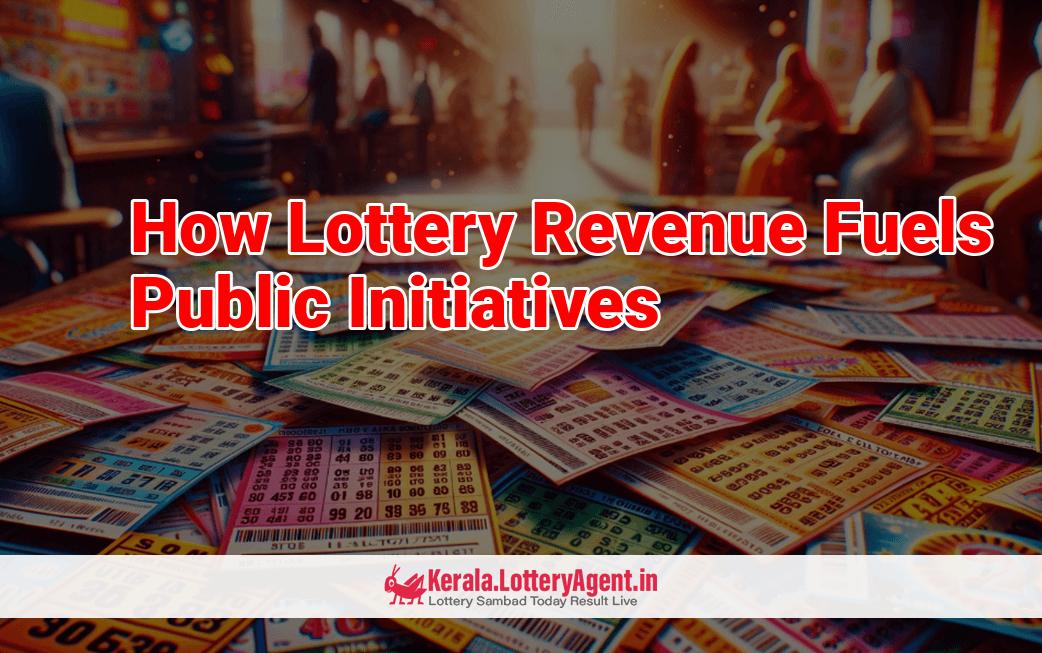
New Delhi: The corridors of justice echoed with a significant development on Friday evening as Rana Kapoor, the co-founder of Yes Bank, received bail from a special Central Bureau of Investigation (CBI) court in Mumbai. This development comes in light of a fraud case that has kept Kapoor entangled within the judicial system for over four years.
Kapoor, taking strides out of Taloja Central Prison, bid farewell to the incarceration that resulted from his last remaining charge involving the dealings with the Avantha Group. This legal relief was granted by the special CBI Judge, M G Deshpande. Considerable attention is centered around this case as the court has articulated its position, remarking that continued detention without trial for Kapoor was tantamount to a “pre-trial conviction.”
Questioning the rationale behind his arrest, the court examined the intricate fabric of Kapoor’s life, highlighting his substantial ties to society and family. He stands as a patriarch to an unmarried daughter and wife, both of whom depend on him. His disassociation from Yes Bank, including lack of access to its records, robustly mitigates any concerns over potential evidence tampering.
Rana Kapoor’s legal ordeals began in earnest when the Enforcement Directorate (ED) apprehended him in March 2020 on allegations of money laundering. His role in the bank and subsequent charges ensnared him in a total of eight cases put forth by the ED and CBI, each orbiting the central matter of fraud at Yes Bank.
The crux of the case filed by the CBI homes in on Kapoor’s tenure as the CEO of Yes Bank and the aberrations during his stewardship. Central to the allegations is the murky acquisition of a prime property located on Amrita Shergil Marg, one of Delhi’s most affluent areas. Kapoor is accused of orchestrating a purchase well below market value for a property that had financial links with Yes Bank, constituting a gross misuse of his position.
The entity at the heart of the transaction, Bliss Abode Private Limited, led by Kapoor’s wife, Bindu Kapoor, secured the property for a sum of Rs 378 crore—a stark contrast to its valued worth of Rs 685 crore. Parallel to this transaction, the CBI contends that Yes Bank extended substantial credit facilities totaling Rs 2500 crore to various companies under the Avantha Group umbrella. Furthermore, a supplementary loan of Rs 400 crore was earmarked for Avantha Realty Ltd (ARL), which the CBI suggests was part of a reciprocal arrangement.
As the court sifted through these charges, it underlined the absence of compelling reasons to extend Kapoor’s stay in custody, given the duration he had already served. The juridical scrutiny found no basis for an indefinite continuation of his incarceration, especially in light of his age, being 66 years old, and the multiple health issues described in his bail application. This consideration was juxtaposed against the inability of the special public prosecutor to justify prolonging Kaplan’s imprisonment.
The implications of this bail decision resonate beyond the immediate freedom it grants Kapoor. It acts as a reminder of the delicate balance the judiciary must maintain between the rights of the individual and the pursuit of justice. The court’s observations and Kapoor’s release serve as a significant footnote in the ongoing narrative of the Yes Bank saga, marking a turn in events that has been closely followed by the nation.













